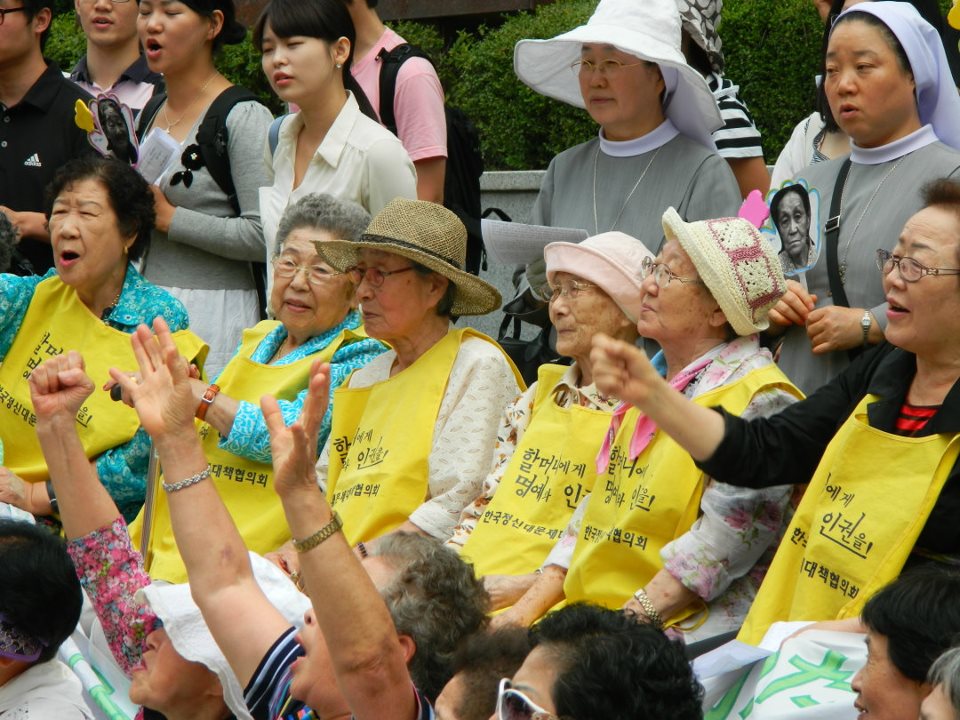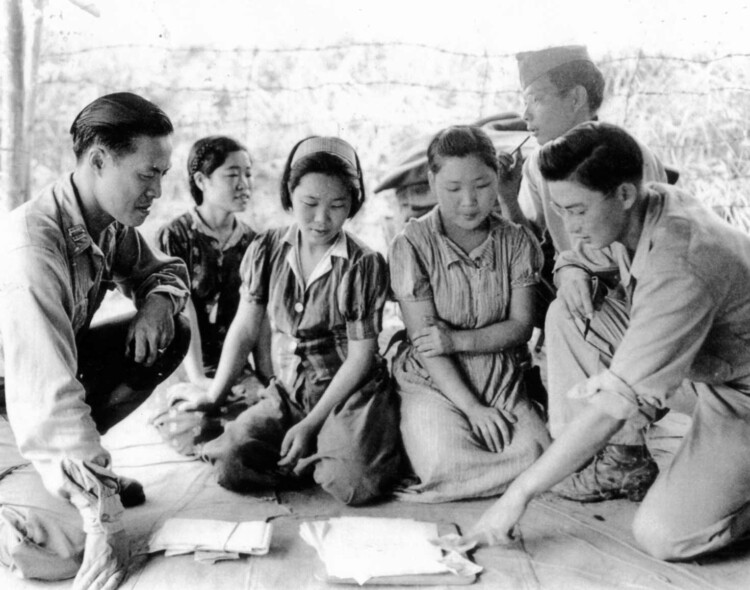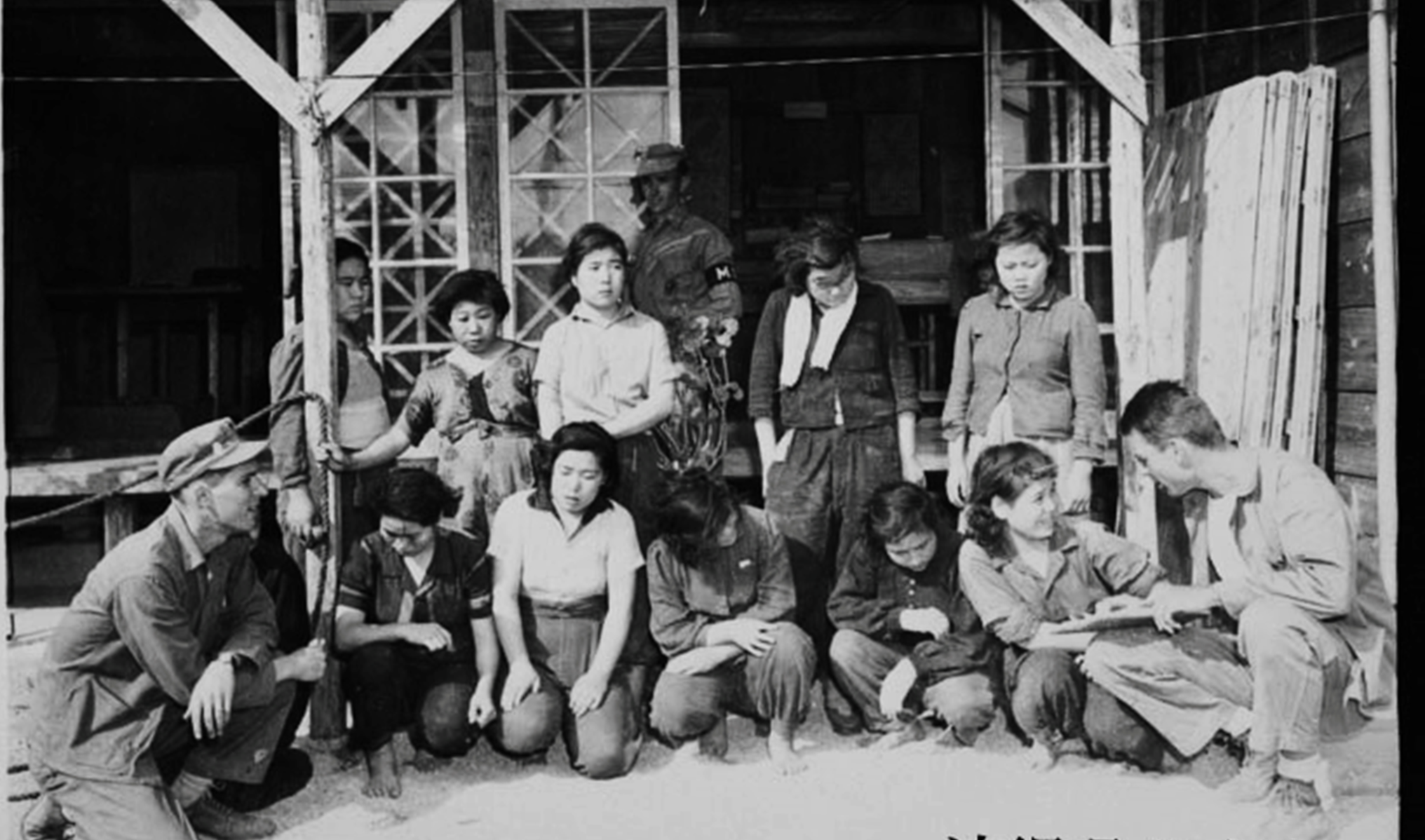Let’s take the example of Kim Hak-sun, the first woman to come forward publicly with her story in 1991. She was a young Korean girl when promises of a well-paying job in a Japanese factory deceived her.
Instead, she ended up in a ‘comfort station’ in China, subjected to countless atrocities.
Living in Hell: The Reality of ‘Comfort Stations’
Wipe images of a spa or retreat-like place from your mind when you think about the ‘comfort stations.’ These were horrific, military-run brothels spread throughout the Asia-Pacific region, a chilling symbol of the widespread sexual slavery system set up by the Japanese forces.
Women in these camps endured unspeakable horrors. They were subjected to repeated rapes by Japanese soldiers, forced to live in dire conditions, and given minimal food and almost no medical care.
Despite this, these women clung to hope and displayed resilience beyond comprehension.
Yi Ok-Seon, another survivor who came forward with her story, was kidnapped at just 15. She flew off to a ‘comfort station’ in China and unwillingly served dozens of soldiers daily. The physical and psychological trauma she experienced there is hard to fathom.
The Aftermath: A Life Marked by Stigma and Silence
If surviving the ‘comfort stations’ was a feat of superhuman strength, life after liberation was another battlefield. These brave women carried the physical and psychological scars of their experiences long after the war ended.
Many of these women, like Jan Ruff O’Herne, a Dutch woman held in a ‘comfort station’ in Indonesia, faced a profound stigma when they tried to reintegrate into their communities.
The shame and ostracization they experienced often led them to silence their traumatic past, leading to decades of psychological pain and suffering.
The Fight for Justice: When Comfort Women Became Advocates
Despite the shadows cast by their harrowing experiences, many of these women chose to fight back. They broke decades of silence and started sharing their stories with the world.
From the 1990s onward, the world began to hear testimonies from brave women like Kim Hak-sun and Yi Ok-Seon, who dared to challenge the forgotten war crimes.
These voices sparked global conversations about war, sexual violence, and justice. Their stories of survival and resilience transformed them from victims into human rights and justice advocates, making their mark in history.
Remembering Comfort Women: Why It Matters
While it’s uncomfortable to acknowledge such gruesome aspects of history, remembering the Comfort Women of World War II is essential. Their stories are stark reminders of the brutalities of war, particularly on the most vulnerable, and the lasting impact of sexual violence.
By acknowledging and understanding these stories, we can strive to prevent such atrocities in the future, fight for justice, and uphold human rights. Remembering these women is more than historical accuracy; it’s about our humanity.

We owe it to brave women like Kim Hak-sun, Yi Ok-Seon, Jan Ruff O’Herne, and countless others to keep their stories alive. Because, friend, we must learn from history, which means remembering every bit of it, no matter how painful.
Remember the well known saying: “Those who do not learn from history are doomed to repeat it.”.











COMMENTS